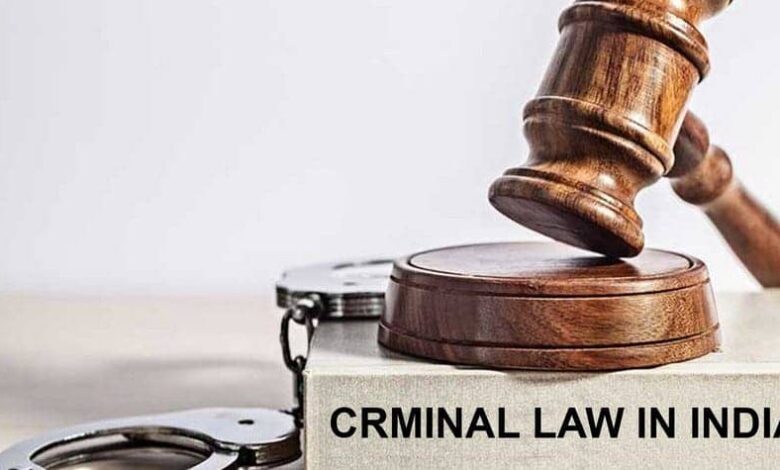
While the laws are still being enacted and replacing the colonial legislations IPC, CrPC, and Indian Evidence Act, the major opposition Congress has launched a strict criticism and political campaign against the government.
Speaking to the media, Independent Congress president Mallikarjun Kharge said that Modi and the BJP “forcibly” made these laws and suspended 146 opposition members from the parliamentary business. Kharge said the new laws were a ‘cut, copy, and paste job’ and accused the government of ‘being a pretender to Constitutional values’ after its’ electoral and moral defeat in the recent polls.
Cadaging the same sentiments, Senior Congress leader P. Chidambaram described 90-99% of the so-called new laws as a cut, copy, and paste job. The task could have been completed with a few legal amendments. Chidambaram also had some issues with the “retrograde provisions” and what he claimed were “prima facie unconstitutional” provisions in the new laws.
Joining the criticism of the new laws is Trinamool Congress MP Derek O’Brien, who said the laws are “draconian” and “unconstitutional,” adding that the opposition had “fought all out” on the laws in the parliamentary committee.
Nevertheless, Shah, who led the process of law revision, has argued that the new laws are introduced for Indians by Indians and through the Indian Parliament, which introduces the end of the colonial criminal justice system. Shah has also said that these laws are not laws of renaming but recasting, with the ‘soul, body and spirit’ of the new laws ‘integral’ to India.
These socially infamous new criminal laws have provoked debates. The opposition’s position is to challenge the government for violating parliamentary democracy, while the ruling party argues that the changes are in harmony with the country’s constitution and vision.



